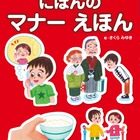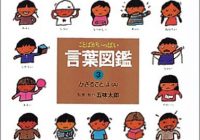Japanese drama review “心がポキっとね” (“Crazy for me”)
As I have discussed before, I’ve seen so many Japanese anime and TV drama series that I’ve learned many of the stereotypes, and as a result it’s pretty easy for me to get bored and give up after an episode or two, despite the extra vocabulary and listening practice opportunity it offers. The drama “心がポキっとね” (English… Read More »


